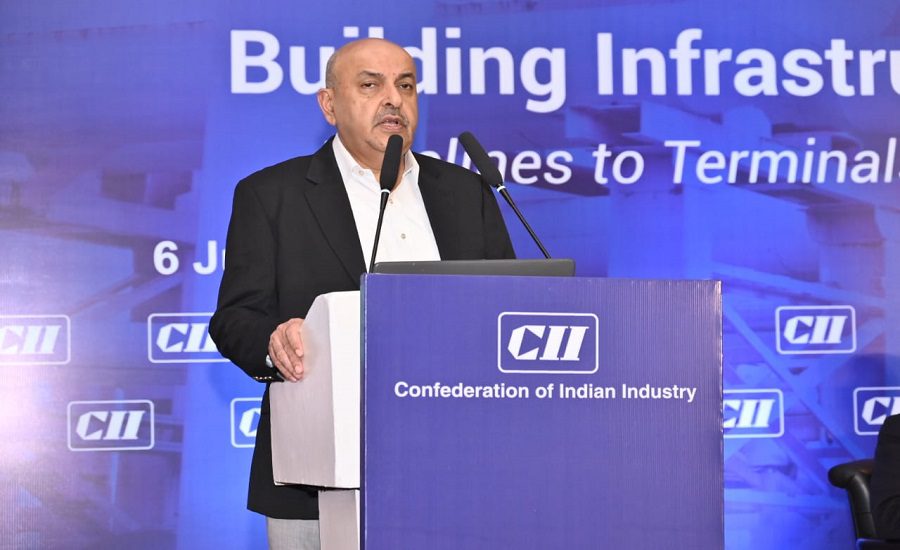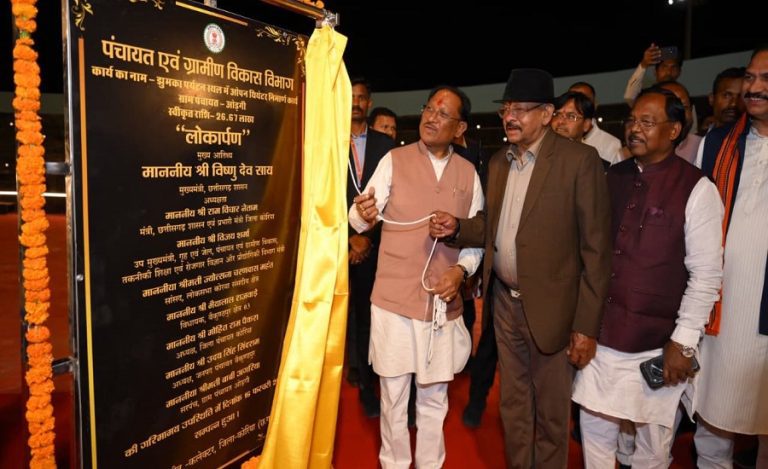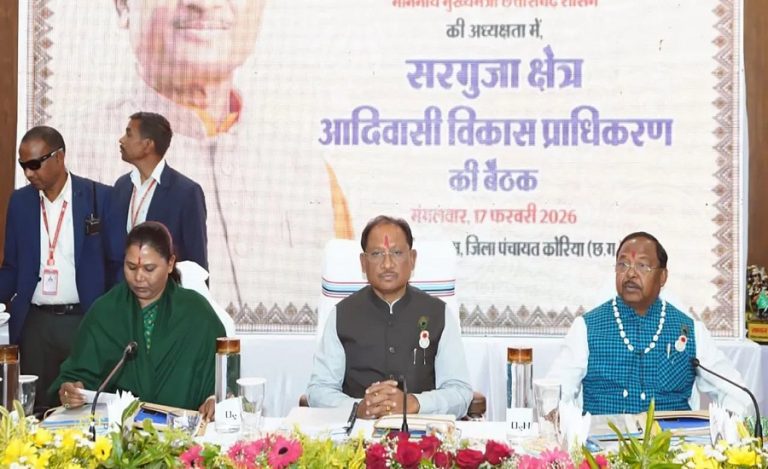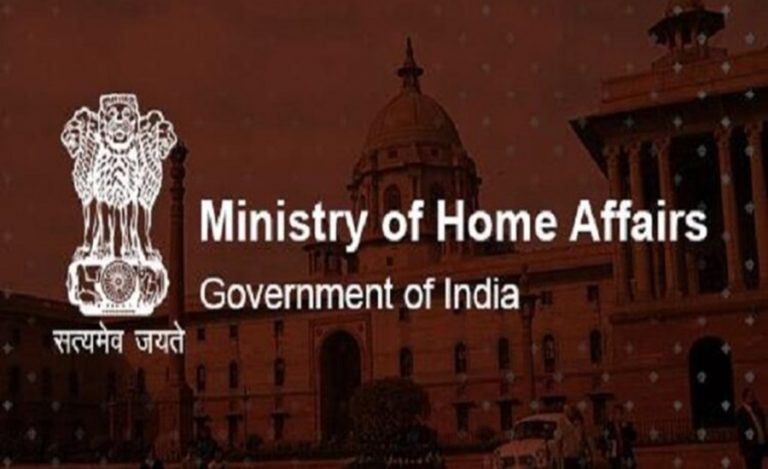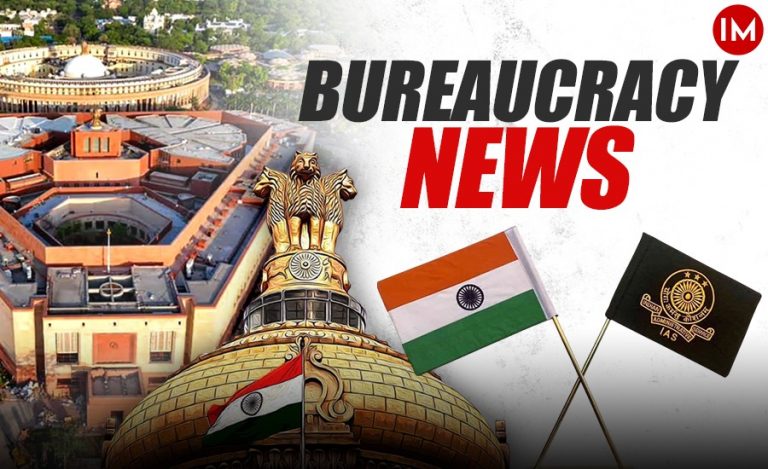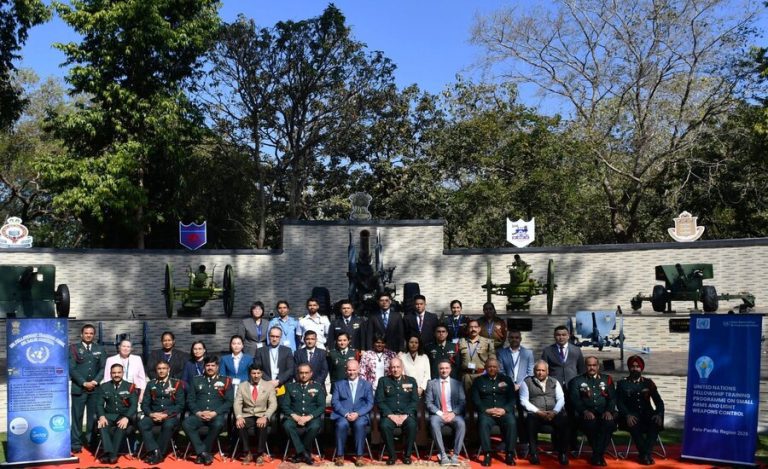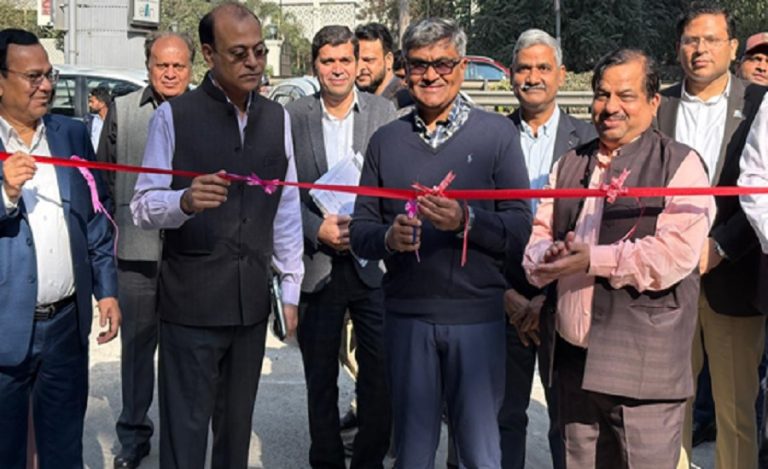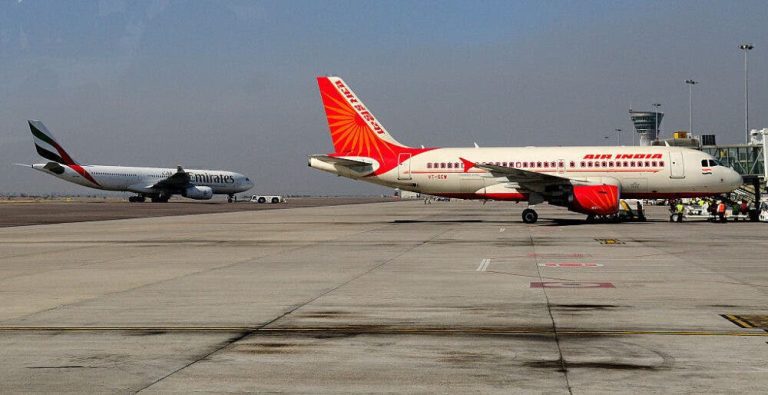New Delhi: Tarun Kapoor, Advisor to the Prime Minister, has emphasized the critical need for expanding natural gas infrastructure and reforming the taxation regime to transition India towards a gas-based economy.
Speaking at the Confederation of Indian Industry (CII) Seminar on “Building Infrastructure for a Gas-Based Economy,” Kapoor said while LNG prices have moderated, they have not met expectations, and robust infrastructure is key to harnessing future price advantages.
“LNG prices have come down, but not as per our expectations. To truly benefit from future lows, we must urgently build out our infrastructure. We also need to work on the taxation front, as it will play a crucial role in this transition,” Kapoor noted.
He highlighted that while India has made significant progress in developing a national gas pipeline grid, the distribution network – especially to rural and industrial areas – remains inadequate. Mr Kapoor also underlined the potential of compressed biogas (CBG), estimating that up to 10% of India’s natural gas production could come from CBG, provided sufficient infrastructure and investment are in place.
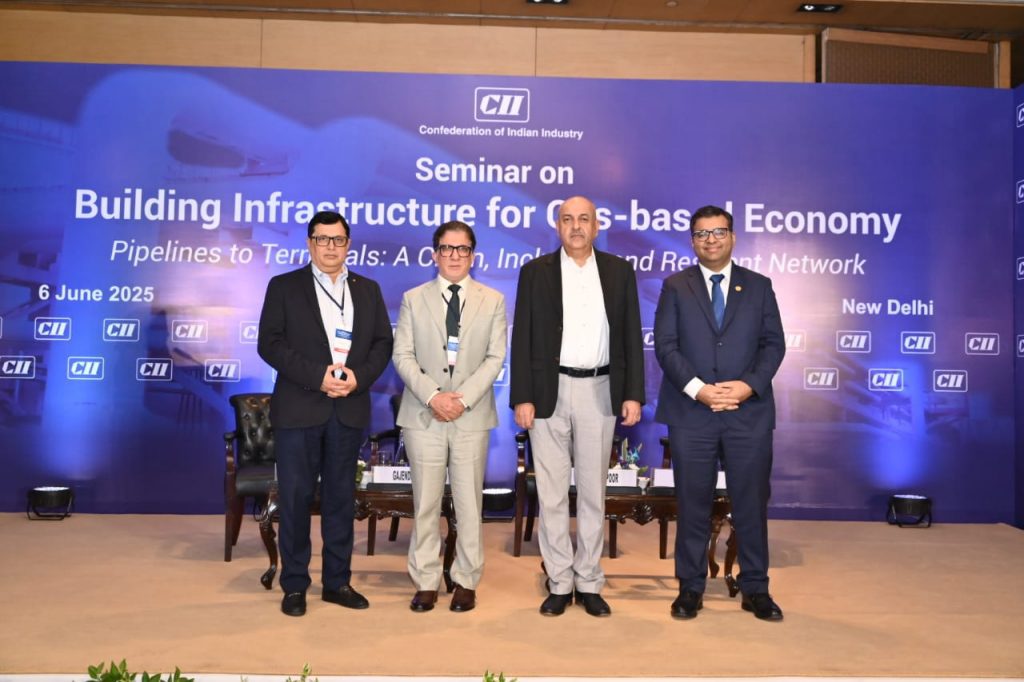
“The main trunk network has come up well, but the distribution is far from what is required. Huge investments are needed, particularly in storage facilities and last-mile connectivity,” Kapoor added.
The seminar, themed “Pipelines to Terminals: A Clean, Inclusive and Resilient Network”, was held in light of the government’s target to raise the share of natural gas in India’s energy mix from 6.7% to 15% by 2030. Projections suggest India’s gas demand could reach over 400 MMSCMD by 2040.
Gajendra Singh, Member, Petroleum and Natural Gas Regulatory Board (PNGRB), echoed the need for infrastructure, especially for import-reliant nations like India. “Countries like Qatar, the U.S., and Australia can sustain a gas-based economy due to reliable domestic production. For India, building robust infrastructure akin to Korea or Japan is the way forward,” he said.
Rajnath Ram, Programme Director at NITI Aayog, stressed the importance of state-level participation. “The pace of natural gas growth is very slow. States must come forward with their own policies. Only then can central clearances and support lead to timely execution,” he said, while also calling for better security and optimal utilization of gas pipelines.
Anjani Kumar Tiwari, Member, PNGRB, highlighted recent reforms and future plans for LNG. “We must actively push LNG adoption. India currently has a regasification capacity of 52 MMTPA, with plans to add 30 MMTPA. But we must ensure optimal use of what we already have,” he said.
The seminar saw participation from top government officials, industry experts, and global stakeholders, with three dedicated panel discussions focused on mobilizing investment, developing pipeline and terminal infrastructure, and unlocking the potential of gas and LNG for industrial and mobility applications.

